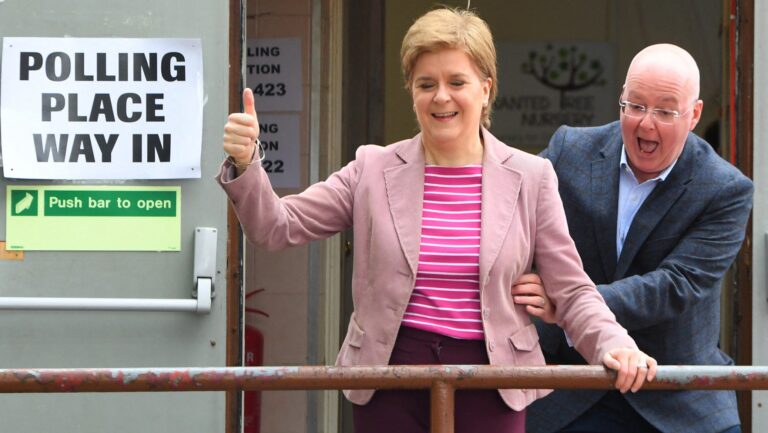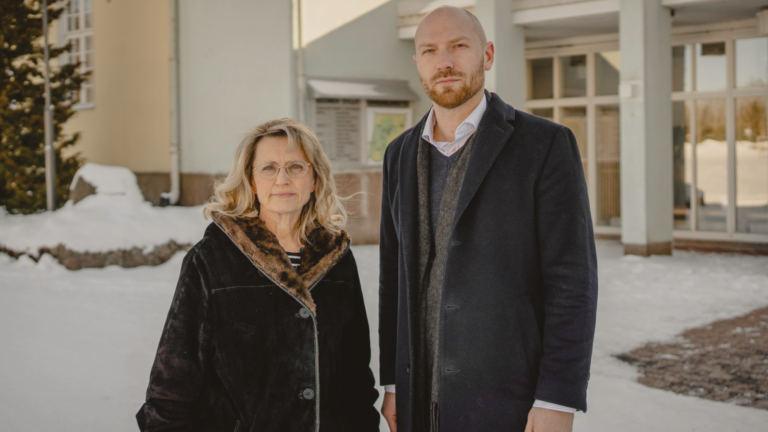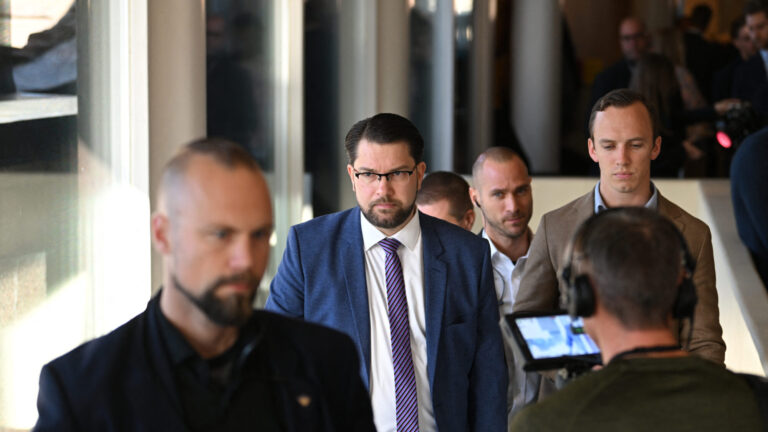Anti-government protests, which many outlets are calling “pro-Russia,” have shaken Moldova less than a week after President Maia Sandu announced the uncovering of Russian plans to overthrow her government. Thousands of protesters rallied in the capital city, Chișinău, on Sunday, sparking fears of further destabilisation in a small—but geopolitically important—nation wedged between Romania and Ukraine.
Demonstrators are primarily demanding that the state pay for the winter’s energy bills, according to The Associated Press, a reaction fueled by outrage over skyrocketing energy prices, economic stagnation, and the perceived corruption and ineffectiveness of their government. However, other protesters are demanding the resignation of President Sandu and her government.
It was only on Monday, February 14th, that President Sandu warned of such an event at a press conference, stating that “violent actions, masked as protests of the so-called opposition, would force a change of power in Chișinău.”
While protests have remained peaceful as of writing, the main cause for concern is the clear involvement of the Șor Party. The Russia-friendly group is alleged to be the principal organiser of demonstrations, having arranged and paid for the transportation of the protesters to the capital by bus. Last autumn, Sandu’s government asked the Constitutional Court to ban the party, with prosecutors claiming that the Șor Party receives funds from Russian sources.
Moscow has dismissed the allegations of attempted overthrow and revolution, saying that the Moldovan government is “slipping into anti-Russian hysteria.” Kremlin spokesman Dmitry Peskov went on to say that “[t]he lack of a constructive dialogue harms Moldova itself.” While Russia-friendly opposition in Moldova is a minority, political polarisation runs deep.
Moldova currently finds itself caught in a tug-of-war between West and East. On one hand, President Maia Sandu and her party, the pro-Western and anti-corruption Party of Action and Solidarity, have an absolute majority in parliament. Their government has also successfully begun the process of EU accession, gaining candidate status alongside Ukraine last summer. There are even rumours that Moldova could seek to short-cut the process by reunifying with Romania, of which it was a part before being annexed by the USSR in 1940.
On the other hand, the country is troubled by the Russian-backed breakaway republic of Transnistria on its eastern borderland, which hosts over 1,700 Russian troops. Moldovan security has warned of Russian aspirations to form a land-bridge connecting to the region, which has a substantial Russian-speaking population.
Dorin Recean, Moldova’s newly appointed prime minister—after the previous prime minister and her government resigned on February 10th—has taken a harder line on the question of Transnistria. Speaking on television, Recean said that because of the “real threats of escalation of either military or hybrid operations” that Moldova faces, Transnistria must be “demilitarised.”
Speaking more broadly, the new prime minister conveyed the urgency of Moldova’s situation, and the need for serious action by the government:
In the Republic of Moldova, we have a hybrid war, where Moscow tries to hijack the democratic processes, the European course, and we cannot hide behind our fingers that the dangers are not real, that we do not need to strengthen our capabilities to defend our country … We are in a period of geopolitical tectonic movements and, under these circumstances, I am sure that all parties will understand that this must be done.





